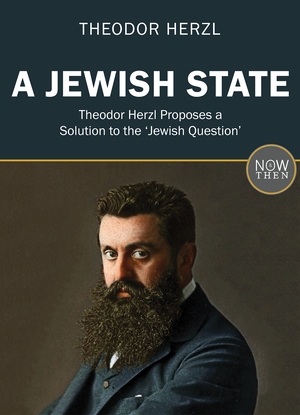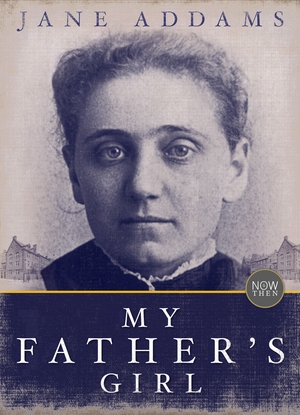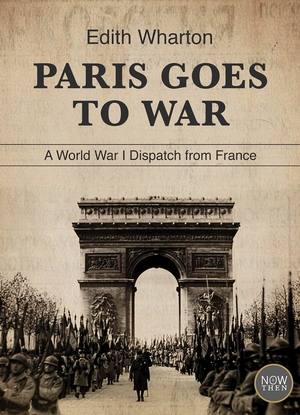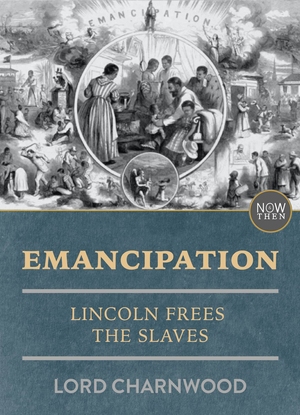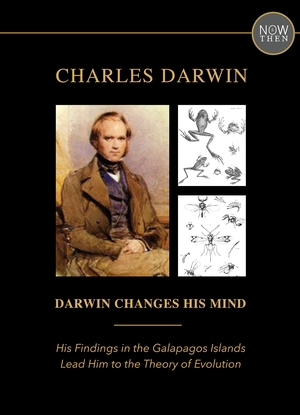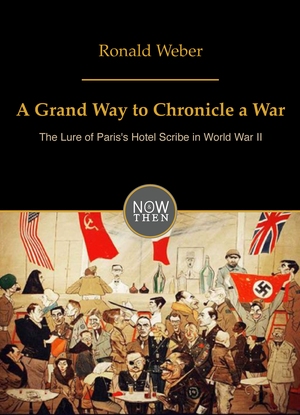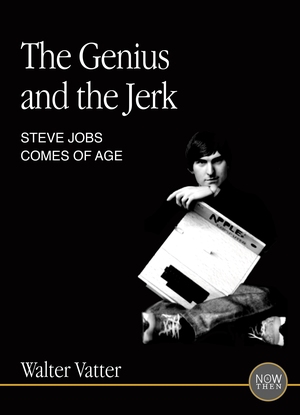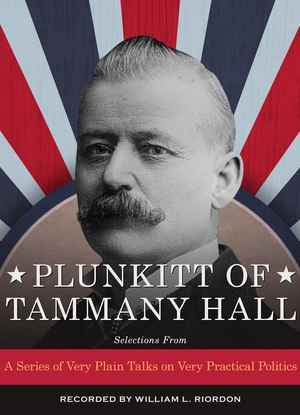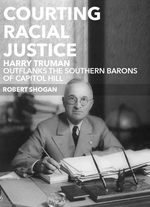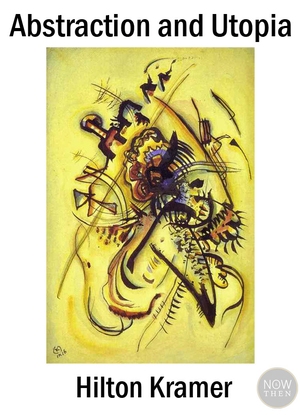Abstraction and Utopia
by Hilton Kramer
“The birth of abstract art,” writes Hilton Kramer, “has long been recognized as a fateful event in the history of art. Yet the intellectual origins of this event, which promptly established abstraction as one of the central traditions of twentieth-century painting and sculpture, have remained a vague and little-understood subject for the vast public that now takes abstract art for granted as part of the familiar scenery of modern cultural life. That the emergence of abstraction early in the second decade of the twentieth century represented for its pioneer creators a solution to a spiritual crisis; that the conception of this momentous artistic innovation entailed a categorical rejection of the materialism of modern life; and that abstraction was meant by its visionary inventors to play a role in redefining our relationship to the universe—all of this, were its implications even dimly grasped, would no doubt come as a shock to many people who now happily embrace the history of modern art as little more than a succession of styles, or art fashions, which may have something to do with the history of taste but do not have much to tell us about life.”
In “Abstraction and Utopia,” which first appeared in The New Criterion, Mr. Kramer explains how abstract art—painting and sculpture that makes no direct, immediately discernible reference to recognizable objects—was born of an alliance between modernist aesthetics and the occult doctrines of theosophy in the second decades of the twentieth century. He locates its initial development among the Russian avant-garde, the De Stijl movement in the Netherlands, and the German Bauhaus, and explores the ideas of these pioneers, showing how they were quickly appropriated by utopian thought--which similarly rejected commonly held conceptions of "reality" in the name of a visionary ideal.
Length: 7,395 words, approx. 17 book pages
Abstraction and Utopia details:
ISBN: 978-1-937853-04-4
Words: 7,491
Pages: 16
Read a sample of Abstraction and Utopia >>
Tags:
